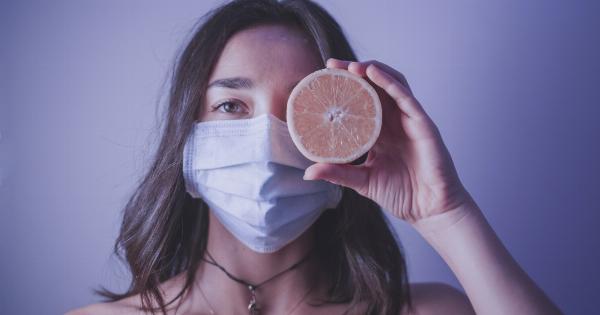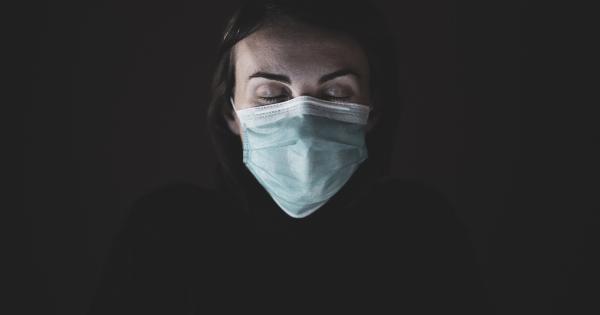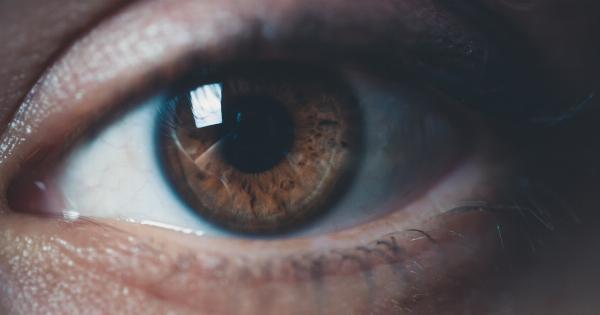Coffee is one of the most popular beverages in the world. Not only is it a great way to start your day, but it’s also loaded with health benefits.
While most people are aware of its energy-boosting effects, coffee also has significant benefits for your vision. In this article, we’ll explore how coffee can benefit your eyes and what you need to know about incorporating coffee into your diet to reap the most benefits.
Reducing the Risk of Certain Eye Diseases
Coffee contains compounds that have been shown to reduce the risk of certain eye diseases. For example, studies have found that drinking coffee can lower the risk of age-related macular degeneration (AMD).
AMD is a condition that causes vision loss in older adults and is one of the leading causes of blindness in the United States. It’s believed that coffee’s high antioxidant content is responsible for this protective effect.
Coffee has also been found to be beneficial for the prevention of glaucoma. Glaucoma is a condition that damages the optic nerve and can lead to blindness if left untreated.
Research has found that the caffeine in coffee can help lower intraocular pressure, which is a major risk factor for glaucoma. However, it’s worth noting that while coffee’s caffeine content can be beneficial in this way, drinking caffeinated beverages may not be recommended for people who already have glaucoma as it could exacerbate the condition.
Improving Visual Processing
Caffeine is a stimulant that can increase brain activity and improve cognitive functions like memory and reaction time. As such, drinking coffee has been shown to also improve visual processing.
A study published in the Journal of Vision found that participants who drank coffee had improved contrast sensitivity, which is the ability to distinguish between fine differences in shades of gray. This effect is thought to be due to coffee’s ability to increase the activity of the part of the brain responsible for processing visual information.
Increasing Reaction Times
Another way coffee benefits your vision is by increasing your reaction times. Studies have found that consuming caffeine can improve reaction times and alertness, which can be beneficial for driving and other tasks that require quick reflexes.
In one study, participants who consumed caffeine were able to react more quickly to visual stimuli compared to a control group that did not consume caffeine.
How to Incorporate Coffee into Your Diet for Maximum Benefits
While coffee can be a great way to improve your eye health, it’s important to consume it in moderation. Too much caffeine can have negative effects on your health, including insomnia, anxiety, and an increased heart rate.
The key is to find the right amount of coffee that works for you. Most experts recommend drinking no more than three to four cups of coffee per day.
If you want to incorporate coffee into your diet for maximum benefits, there are a few things to keep in mind. First, choose high-quality coffee that is free of additives and flavorings that can negate the health benefits.
Second, consider brewing your coffee with a French press or pour-over method, which can help retain more of the beneficial compounds found in coffee. Finally, avoid adding too much sugar or cream to your coffee, as this can increase the calorie count and negate some of the health benefits.
Conclusion
Overall, coffee is not only a delicious beverage but is also loaded with health benefits for your vision.
From reducing the risk of age-related macular degeneration to improving reaction times, there are many reasons to consider adding coffee to your diet. As with any food or beverage, moderation is key, and it’s important to choose high-quality coffee and prepare it in a way that maximizes its health benefits.



























